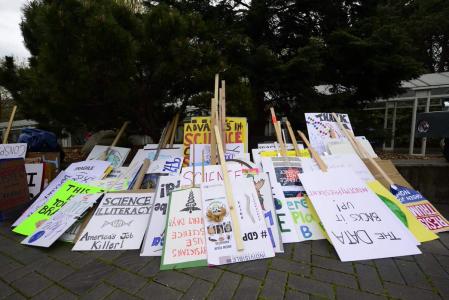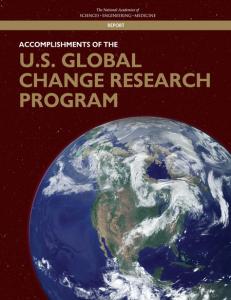Tracking the Health Consequences of Climate Change
By Grace Harmon / The Daily, UW
As this past year has shown, Seattle’s temperate climate is by no means immune to the drastic shifts in weather brought about by climate change. Last January alone brought four crippling winter storms and Seattle saw its coldest winter since 1985. This summer broke the 1951 record for longest time without rainfall at 52 days, which led to multiple, long-lasting wildfires and hazardous air quality in the region.


